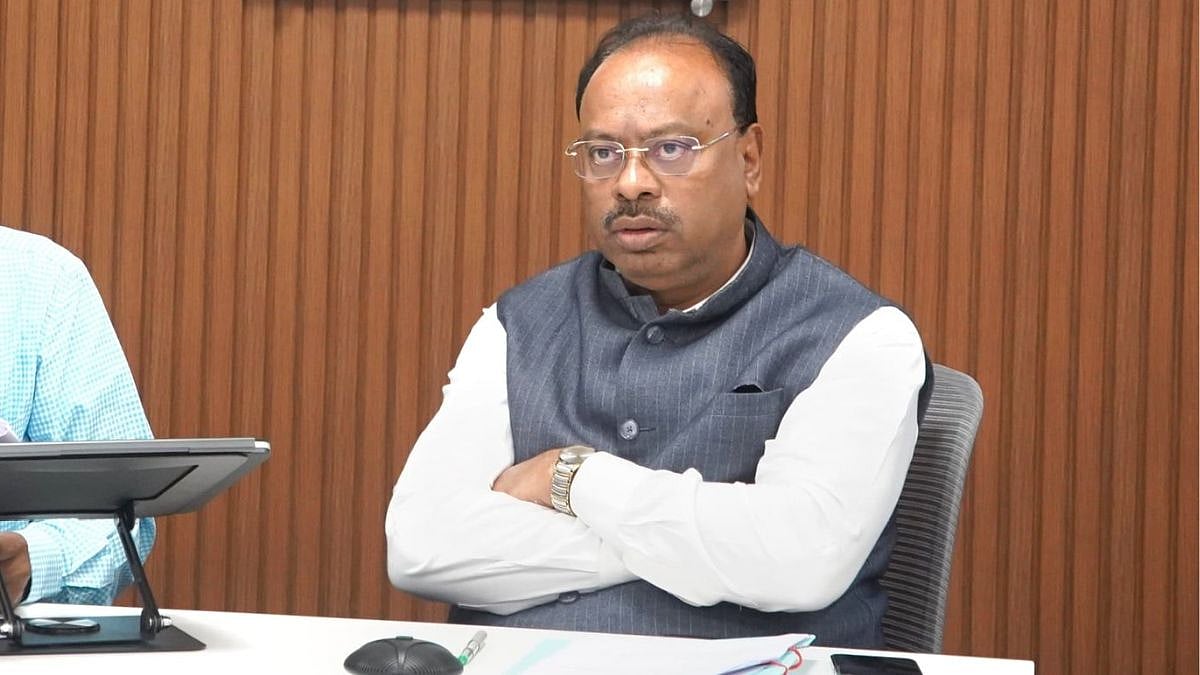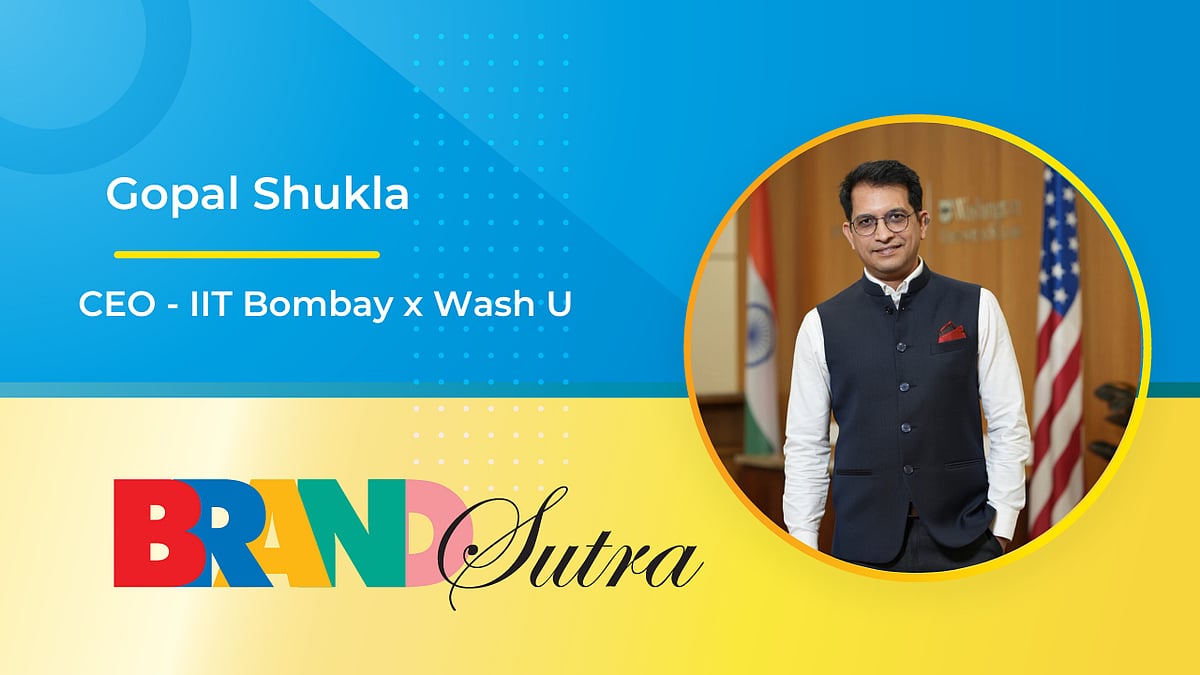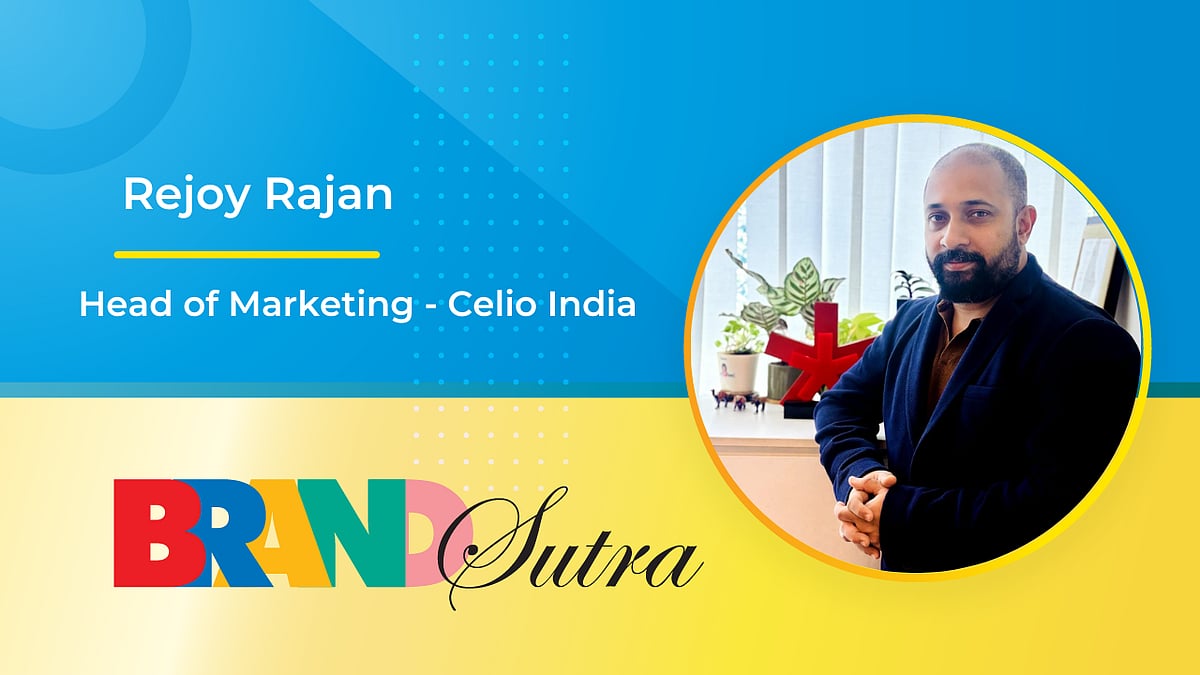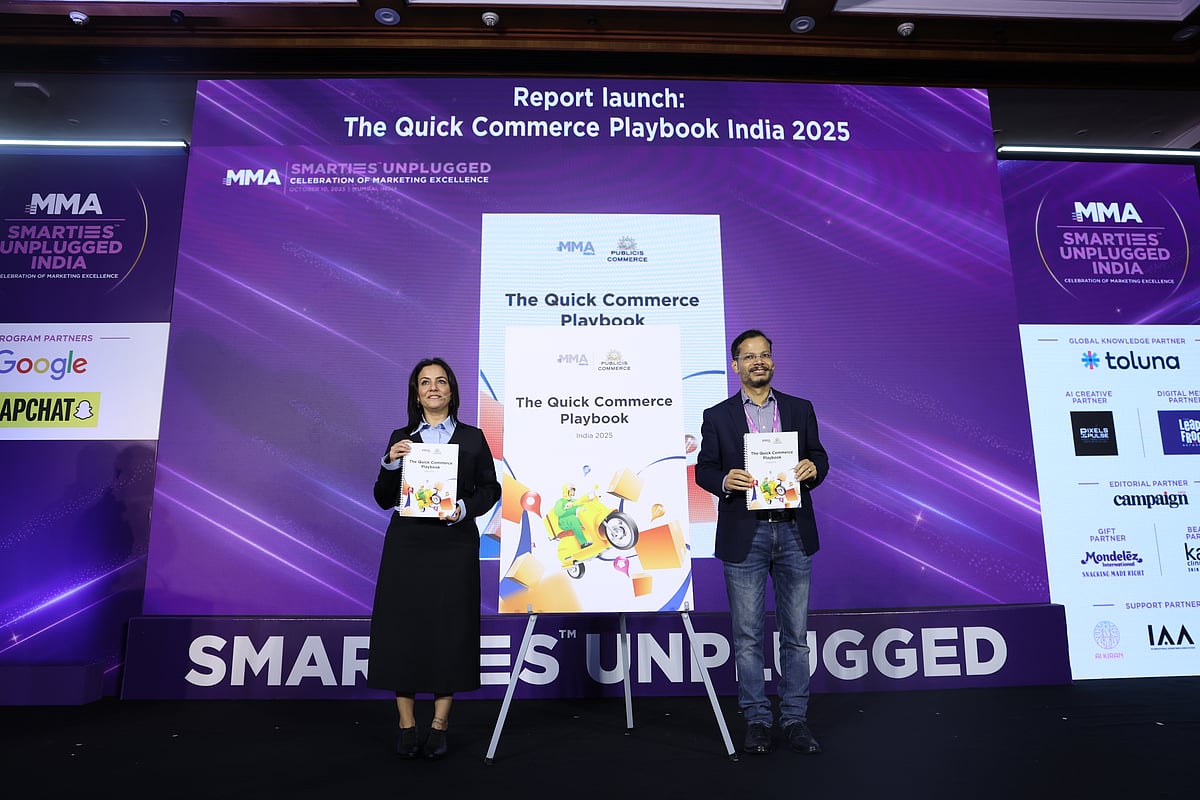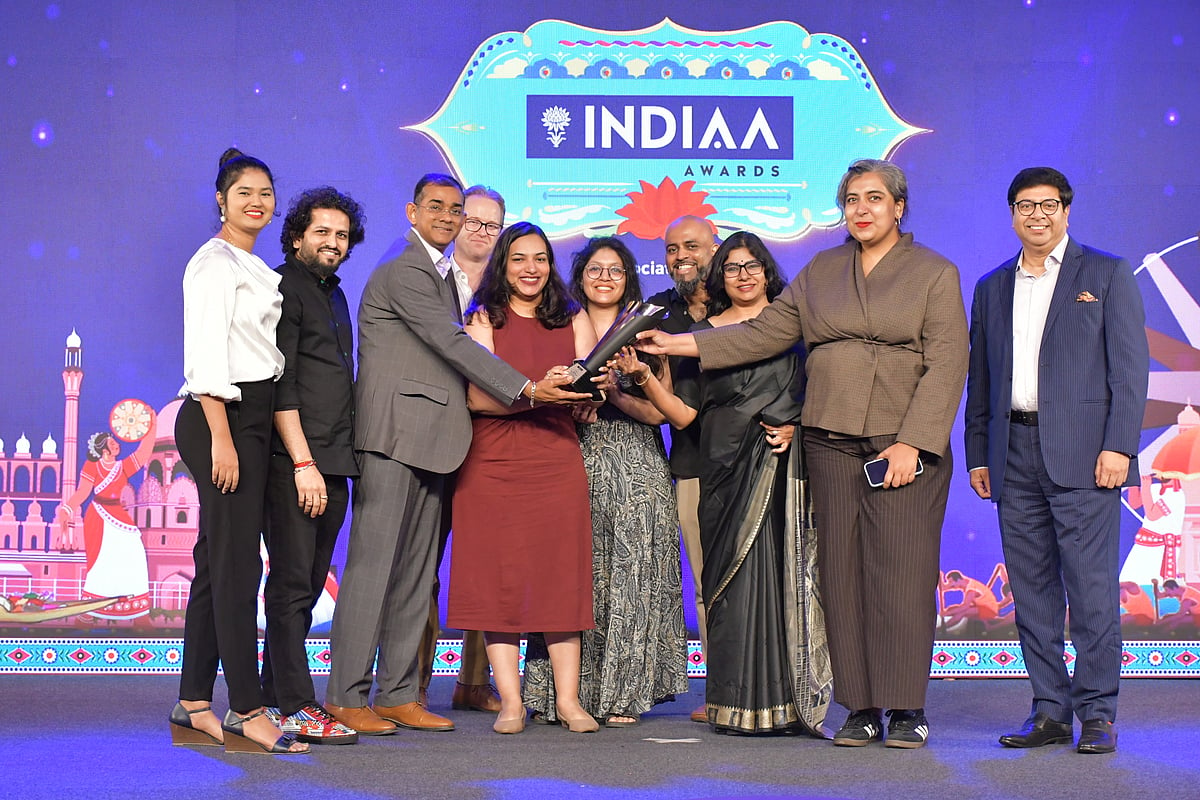My journey with brand marketing and destination marketing actually started as a punishment posting as Secretary Tourism in Kerala. The only product then was Kovalam beach which used to draw low value British tourists paying £ 20 a night. My challenge was to take it up the value chain.
We then did everything that the West doesn't do – we went back to the roots of Kerala and brought back everything that it is known for - martial art Kalaripayattu, traditional Kerala cuisine… we opened up the backwaters of Kerala with houseboats as a great tourism product; we brought back the traditional Kerala Nalukettu houses, the art forms Theyyam, Kathakali, Mohiniyattam… all in all, Kerala at its pristine best.
The world of branding works on a very simple principle, and that's differentiation. We succeeded in differentiating Kerala by presenting it authentically. Thus we took Kerala up the value chain from $20 to about a $600-700 a night destination. Kerala would be a product driven by the private sector and the Government would be a facilitator of last mile connectivity. The National Geographic traveller rated Kerala as one of the 10 exotic paradises of the world.
Soon, I got the opportunity to look after Prime Minister Atal Behari Vajpayee on his personal visit to Kerala at the end of which he approved of my work in tourism and suggested that I should join the Government of India. Eventually, I joined the Ministry of Tourism.
At the peak of the crisis in tourism post the twin tower blasts, we launched the Incredible India campaign to build India as a great tourism destination and again we went back to the roots of Kerala, roots of India, yoga, meditation, the Himalayas… All our products depicted the colours of India.
A basic principle I've followed in my life is that I always work with the best. So I worked with Santosh Sivan in Kerala, Bharat Bala, Piyush Pandey, V Sunil to create a great Brand India. Post Tourism, I went on to head the Delhi Mumbai Industrial Corridor project, which was building new urban cities in several parts of India between Delhi and Mumbai. As Secretary Industries, my first work was about focusing on ease of doing business and making India easy and simple.
In the next few years, India jumped up about 79 positions in the World Bank ease of doing business index. We scrapped close to 1500 laws in India, rules and regulations, procedures, paperwork… we started ranking States on ease of doing business and saw great competitiveness there. Later, as Niti Ayog CEO, I worked on Prime Minister Narendra Modi’s belief that India will grow if we become an integral part of the global supply chain.
So we opened up the foreign direct investment regime. Last year, we got the highest FDI close to about $90 odd billion. This was followed by push for innovation, change in the patent and trademark regime and launch of the start-up India movement.
When we started the start-up India movement, there were 170 start-ups in India. Today there are 76,000 start-ups in India and about 105 unicorns. Start-ups are becoming unicorns in India in about four-and-a-half to five years as compared to about seven years in Silicon Valley. The dynamism, vibrancy, energy of young India has really blossomed through the start-up India movement.
A tremendous amount of innovation has happened and that has been backed by several initiatives including Atal Innovation Mission and Niti Ayog which has opened up 10,000 labs where it teaches 3D printing, robots, drones, artificial intelligence to students from Class VI onwards so they get used to all this technological disruption.
THE DIFFERENTIATOR
What is it that differentiates India from the rest of the world?
Every single Indian has a digital identity. Over 850 million Indians have a smartphone; broadly every family has a phone whether it's Android or a smartphone. And every Indian has a bank account, thanks to the transformational Pradhan Mantri Jan Dhan Yojana.
Today, you can open a bank account using your biometrics in less than a minute. All of us make digital payments. My mobile is also my bank. In fact, I've not used my debit or credit cards for over three years. When I was in San Francisco recently, I discovered that all of us had digital vaccination through the CoWin app, but my daughter who lives there had a paper vaccination.
So India has digitally and technologically leap-frogged into something very different from the rest of the world. India is the only country in the world where Phone Pe competes with Google Pay, Paytm competes with WhatsApp, Ola competes with Uber in the marketplace.
We are different because we built public infrastructure on the top of which we've allowed the private sector to innovate and compete in the marketplace. Many of our young start-ups which are becoming unicorns are different because they are finding solutions to the challenges of India.
There's a young girl called Aditi who runs a start-up called Imbibe which focuses on improving learning outcomes in Maths, English and History. Practo and many other young start-ups are working to improve health outcomes, and so on.
They are finding solutions for the next five billion people of India, and people of the world, who are going to move from poverty to middle class in the next decade. That is the transformational impact of what is happening in India.
When the Prime Minister talks about Azadi ka Amrit Mahotsav, he says that this is India's opportunity to transform in one generation, to grow at a rapid pace over the next 25 years. Brand building is about growth - your valuation will not go up if your economic growth doesn't go up and that's the key.
So you need to grow at higher rates of 8-9% year after year, to lift a very young population above the poverty line. That is the challenge for all of us - to be able to grow through good infrastructure, through efficiency, through competitiveness and private sector play.
India has a huge opportunity because of two reasons - one is that we are in the midst of a massive climate change and I've been a long-term believer that climate adaptation and climate mitigation is not a challenge, it's an opportunity to technologically leap-frog the world, getting into a whole range of new areas of growth such as renewables which are transforming the world.
How do you shift from combustion vehicles to electric mobility? How do you bring in storage at low cost? How do you bring in green hydrogen? These are critical. By 2026, Europe will put taxes on imports from India, and therefore you need to decarbonize steel, fertilizer, refineries, and that's a challenge which we must take head-on. The second key aspect is for the Government to become a facilitator and a catalyst and allow the private sector to grow and expand.
NEED TO GROW AT 8-9%
Brand building cannot be looked at in isolation. It has to be seen in terms of India's growth for the next three decades. It's important to understand that India needs to take its per capita income very high. That would require very sustained growth over a long period of time.
We need to keep growing for the next three decades at 8.5-9% per annum. Brand building has the soft power but it has the hard power too. The soft power and hard power must converge, they must integrate and the hard power must drive growth because without infrastructure, without a huge amount of competitive efficiency, without enhancement of productivity, without growth, it'll be difficult to build the soft power of India over a long period of time. If India continues to grow at those rates, the people of India would have been lifted and therefore, that would have created a big impact.
Health, education, nutrition are key if you want to grow for long periods of time. That really builds up the unique case study of India; in the next 25 years, India would have transformed as a country both by growth and by social progress. And that would have built India as a great brand story for the rest of the world.
(Amitabh Kant was speaking at the IAA Global Summit)

